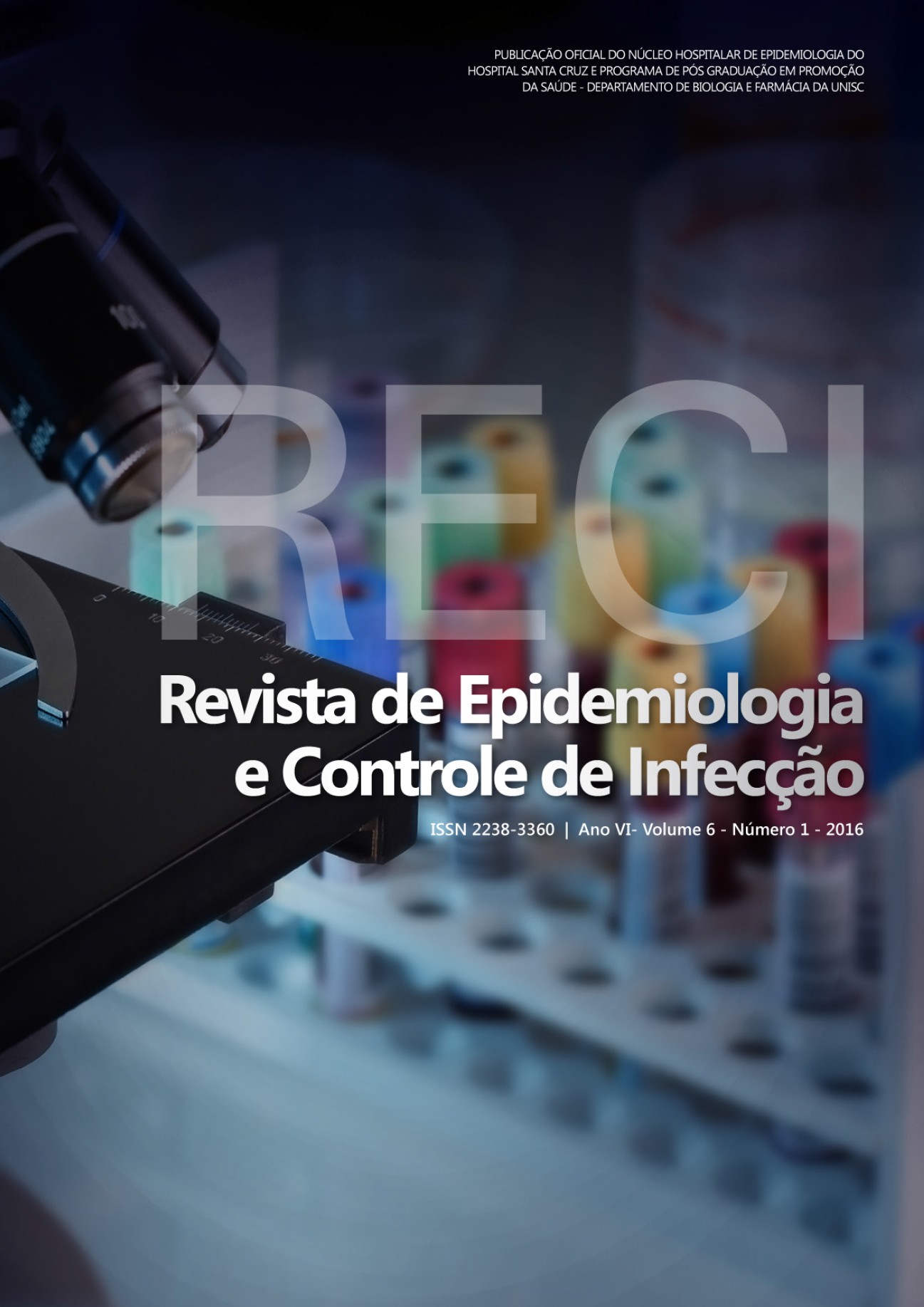Environmental issues associated with dengue occur in a town of Mato Grosso state
DOI:
https://doi.org/10.17058/reci.v6i1.6330Abstract
Background and Objectives: dengue presents itself as one of the world's most significant problems in relation to public health. Their catchment expansion among the Brazilian federal units of the concerned health authorities and health professionals. Brazil is a country with a tropical climate, with heterogeneous rainfall vary according to each region, which can directly influence the prevalence of this disease in systemic level. Considering the above, the objective of this study was to analyze the relationship of social and environmental aspects with dengue cases in the city of Primavera do Leste / MT between the years 2010 to 2012. Methodology: quantitative, descriptive and cross characteristic, held based on secondary data obtained from Notifiable Diseases Information Systems, Yellow Fever Information System and the Mato Grosso Cotton Institute. Results: the accumulation and trash around homes was an important point detected in the study, as well as the predominance of artificial deposits amenable to removal / protection in peri-domicile which aimed to have value in vector infestation rate, which leads to indicate greater influence of social conditions, which may be associated with aspects of cultural habits of the population. Conclusion: Could not associate the increase or decrease in number of cases with the climatic factors, since virtually no variation in temperature and rainfall. The study proved to be relevant to take into account the cultural aspects of the population of each region, since the dengue control forms are intrinsically linked to environmental variables. KEYWORDS: Dengue. Epidemiological Surveillance. Primary prevention.Downloads
Downloads
Published
How to Cite
Issue
Section
License
The author must state that the paper is original (has not been published previously), not infringing any copyright or other ownership right involving third parties. Once the paper is submitted, the Journal reserves the right to make normative changes, such as spelling and grammar, in order to maintain the language standard, but respecting the author’s style. The published papers become ownership of RECI, considering that all the opinions expressed by the authors are their responsibility. Because we are an open access journal, we allow free use of articles in educational and scientific applications provided the source is cited under the Creative Commons CC-BY license.


